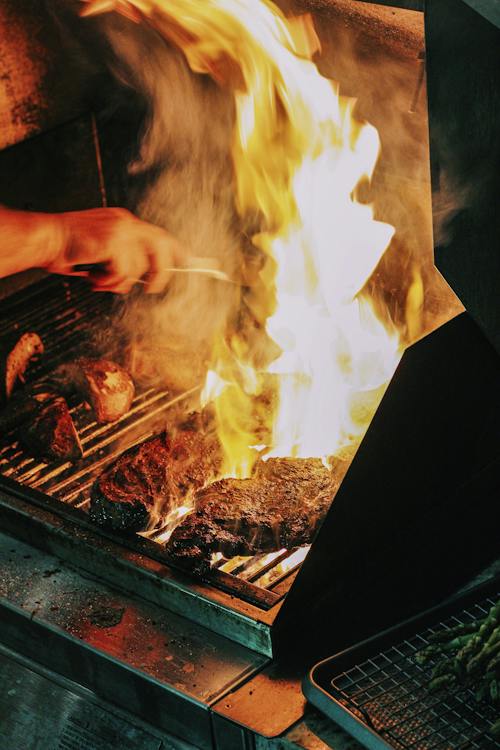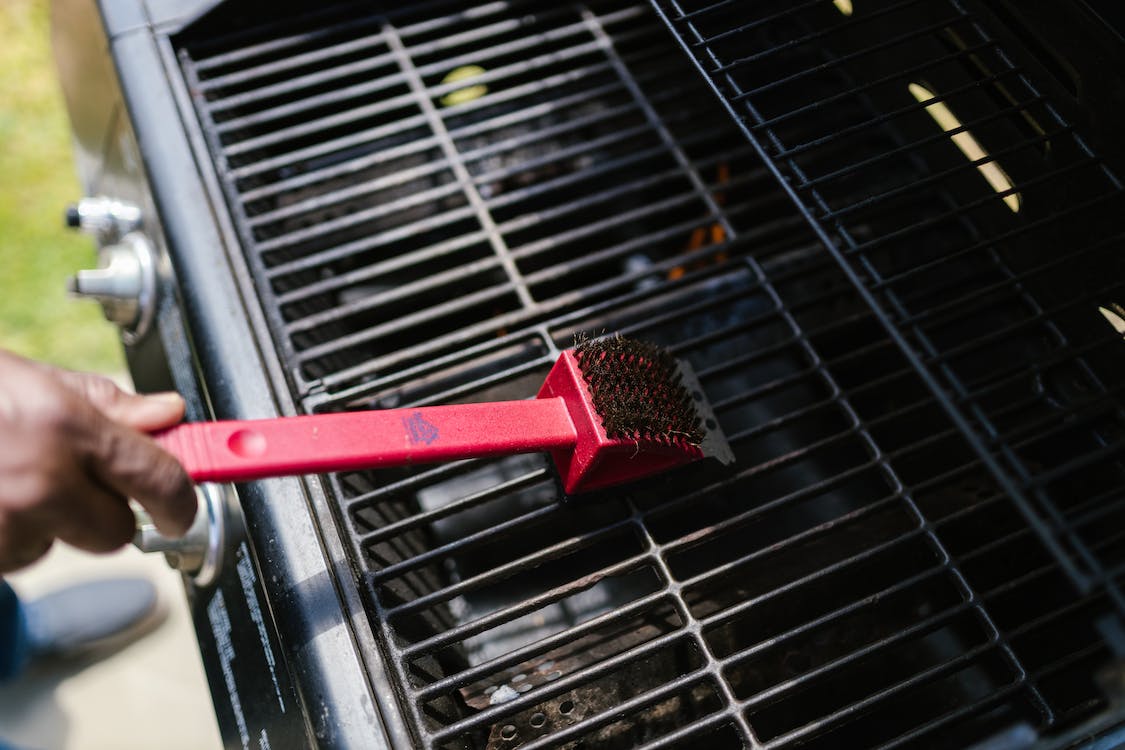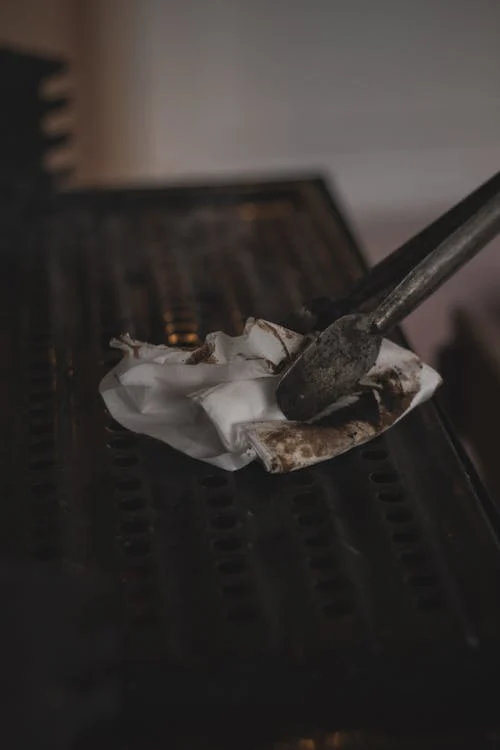Introduction
The pleasant summertime is the ideal time to fire up the grill and enjoy outside cooking with loved ones. Nothing compares to the delicious smell of sizzling meat, the sound of laughing, and the warmth of the sun on your skin as you prepare for a meal. Grilling can be enjoyable, but it is important to keep in mind that it can also be risky. Numerous burn injuries sustained when grilling each year by thousands of people could have been avoided with a few basic precautions.
Grilling can come with a variety of risks, such as flare-ups and fires as well as burns from hot grates. To avoid accidents and protect your family and loved ones from injury, it is essential to adopt the appropriate safety precautions. There are a few things you can do to keep safe while enjoying your outdoor cooking experience, regardless of whether you are an experienced griller or are just getting first started.
In this article will be provided on how to avoid getting burned while grilling. Everything will be covered, including personal safety, grill maintenance, and correct cooking methods. You will discover how to deal with hot grates, stop flare-ups, and stay away from burns brought on by coming into contact with flames. To prevent mistakes, you will also learn how important it is to use the appropriate tools and equipment and how to properly maintain your grill.
By following these easy tips, you may enjoy outdoor cooking while protecting yourself and your loved ones. So read on to find out how to prevent burns while grilling, whether you are preparing a massive barbecue or simply a fast meal for your family.
Put Your Grill in a Safe Location
The most important factor in ensuring the safety of your family when grilling is possibly where you place your barbecue. Although it may be appealing, grilling inside can produce deadly, invisible carbon monoxide. Instead, place your grill at least 10 feet from your house. Never set it up close to anything that can catch fire, such as trees, tablecloths, lawn decorations, or beneath overhangs. Place your grill in place on a level, flat surface.
Clean Your Grill Regularly
Clean your grill well before using it every time. Grease and other accumulation that could lead to flare-ups and provide fuel for potential fires should be removed. Furthermore, it does not sound particularly appealing to add new food to the rotten leftovers from the previous week.
Check Your Grill for Problems
It is typical for barbecues to experience issues like propane leakage. Check all gas lines, and test for leaks by applying a small amount of soapy water to probable trouble places. It is time to fix or replace your grill if you have a gas leak.
Wear the Right Gear
When grilling, your attire matters. Long sleeves and grilling gloves serve to protect your hands and arms from the heat of the fire. Wearing loose clothing when grilling is not recommended. It is easily flammable. Wear your long hair up and away from your face if you have it.
Be Ready to Put Out a Fire
Be prepared to extinguish any fire you encounter. You should be ready for significant fires and flare-ups. Baking soda is a useful tool for putting out a grease fire. Using a fire extinguisher is another option. Make sure it is in functioning order and that you know how to utilize it. Never hesitate to call 911 for assistance if you cannot put out your fire.
Use Caution When Using Lighter Fluid
You do not often need lighter fluid. It can, however, be useful for lighting charcoal grills. Just for lighting the charcoal, use the lighter fluid carefully. Never add lighter fluid to an already lit and functioning grill.
Do not Turn on the Gas While the Grill is Closed
You might not give it a second thought. Without opening the grill’s cover, you ignite the gas. Your grill starts filling with that propane as you struggle with the lighter. By the time you light your grill, you have already created the conditions for it to catch fire and become a fireball. Always open the grill’s lid so the propane can burn off before lighting it.
Never Leave a Grill Unattended
Most people have, at some point or another, forgotten about their grill while it is cooking. Most of the time, it just means that your dinner will be burnt hamburgers. However, there is a danger that if you leave your grill running while you are gone, you could spark a large fire or cause little children to burn themselves. Make sure you can be there to see the cooking through after the grill is fired up. Also, do not forget to keep animals and children away from the grill. Although it might seem obvious, young children or animals can quickly get hurt on a hot grill. To prevent burns or other injuries while grilling, speak to older children and keep an eye on any younger children or pets.
Do not Overload Your Grill
There is a good reason why grills are so wide. It is simple to assume that. Unfortunately, loading up your grill with a lot of greasy meats might result in a grease fire and significant flare-ups. Cook the meat in little amounts at a time. You will be less likely to start a fire and less likely to burn a ton of meat if you already have an unmanageable fire.
Use a Meat Thermometer
Meat is typically grilled. It is easy to burn the outside of your meat over a hot grill without really reaching the necessary temperatures inside the meat. An effective workaround for this is to use a meat thermometer. Simply insert it to check whether the temperature of your meat is appropriate. It is simple, and your family will not suffer from food poisoning for the rest of the day.
Do Not Cross Contaminate Foods
Even though grilling is typically done with meat, you may also cook pizza, fruits, and vegetables. Work cautiously to avoid contaminating cooked items or foods that do not require much heat with raw meats. Your barbecue should have separate zones for raw meats and other items.
Always Turn Off Your Grill
Even though turning off your grill might seem obvious, it is simple to overlook when you are pressed for time to prepare dinner. Because you cannot simply flip a switch to turn it off when you are grilling with charcoal, it becomes even more challenging. Establish a routine that includes turning everything off and extinguishing any fires before you grill each time. It only requires a few extra seconds, but it will protect your family.
Conclusion
Cooking on a grill can be enjoyable and delicious, but it can also be risky if the right precautions are not taken. You may reduce your risk of burns and have a secure and enjoyable outdoor cooking experience by paying attention to these suggestions. Always put fire safety, personal safety, and grill maintenance first, and you will be able to relax and enjoy your grilled meals.



